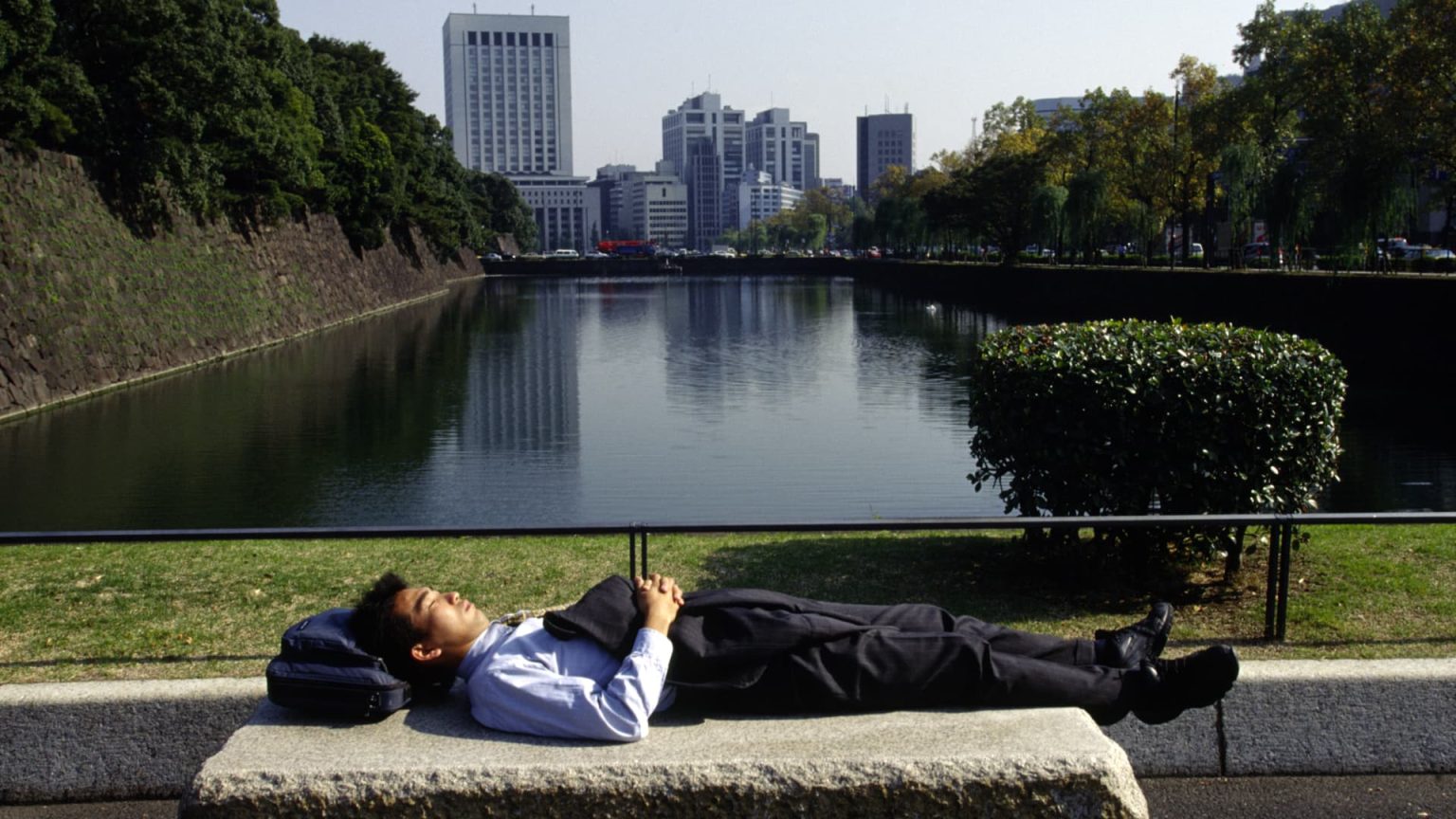Japan, known for its workaholic culture, is struggling with a labor shortage and is attempting to encourage more people and companies to adopt four-day workweeks as a solution. The Japanese government expressed support for shorter working weeks in 2021, but the concept has been slow to catch on, with only around 8% of companies allowing employees to take three or more days off per week. To address this issue, the government has launched a “work style reform” campaign promoting shorter hours, overtime limits, and other flexible arrangements. Despite these efforts, the initiative has faced challenges, with only three companies seeking advice on making changes so far.
The prevailing culture in Japan promotes long working hours and a strong sense of loyalty to one’s company. Vacation times are often synchronized among colleagues to avoid accusations of neglect, while long hours are the norm despite legal restrictions on overtime. The term “karoshi,” meaning “death from overwork,” is a serious concern in Japan, with at least 54 fatalities attributed to this each year. However, some officials believe that changing this mindset is crucial to adapting to Japan’s declining birth rate and maintaining a viable workforce.
Proponents of the four-day workweek model argue that it benefits a wide range of individuals, including parents, caregivers, retirees, and those seeking flexibility or additional income. Akiko Yokohama, an employee at a technology company with a four-day schedule, finds the extra day off to be beneficial for her well-being and ability to attend to personal matters. Several prominent Japanese companies, including Fast Retailing Co., Shionogi & Co., Ricoh Co., and Hitachi, have also adopted the four-day workweek in recent years. Even the finance industry has begun to offer this option to employees.
While critics of the four-day workweek argue that it may lead to increased workload for less pay, there are signs of progress. A Gallup survey revealed that Japanese workers were among the least engaged globally, with only 6% describing themselves as engaged at work, compared to the global average of 23%. In response to the changing work culture, NS Group, a Tokyo-based company operating karaoke venues and hotels, offers 30 different scheduling patterns including a four-day workweek. President Kanako Ogino believes that offering flexible hours is essential, especially in the service industry where women make up much of the workforce.
As Japan grapples with a declining birth rate and an aging population, the adoption of a four-day workweek could help address these demographic challenges and retain talent in the workforce. Encouraging a better work-life balance and offering flexibility in work arrangements may appeal to a broader range of individuals, ultimately benefiting both employees and the economy. Despite the slow initial uptake of the four-day workweek in Japan, ongoing efforts by the government and private sector to promote alternative working styles could lead to a more sustainable and inclusive labor market in the future.













